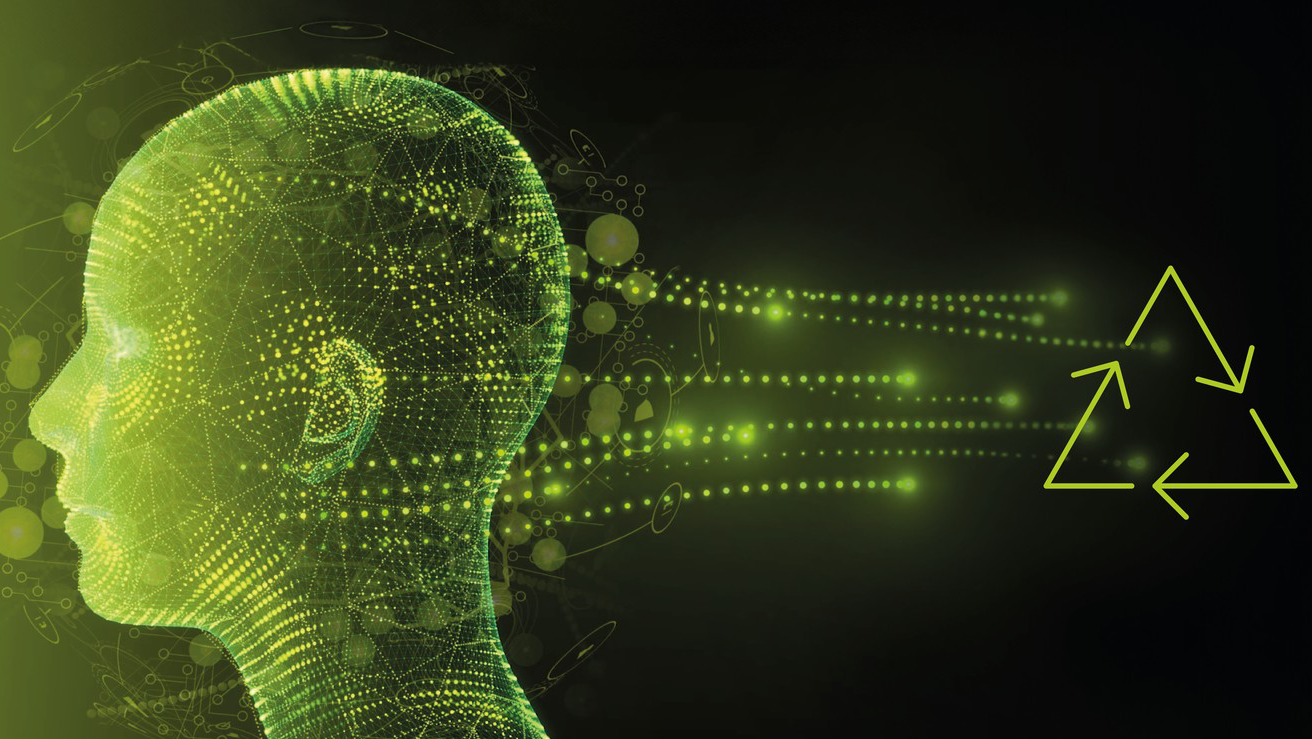How New Data Models Enhance Recycling – Sesotec: Your Technology Partner for the Future
Effective plastic sorting is the key to high-quality recycling—and a true circular economy. Until now, sorting different types of plastics has been technically complex, costly, and data-intensive. In collaboration with researchers from the Technology Campus Grafenau at the Deggendorf Institute of Technology, we are developing an innovative approach that solves this challenge using Artificial Intelligence (AI) and simulated datasets.
New AI Solutions for Plastic Sorting
Traditional deep learning models in sorting technology demand vast amounts of real-world data to accurately differentiate plastics. In practice, this is often unfeasible—certain material combinations are too rare, and capturing them is too complex. Our innovative approach leverages artificially generated datasets from the optical measurement domain, enabling efficient training of AI models with minimal real-world data. The result: reliable detection of known plastics and precise identification of unknown or disruptive materials.
Less Effort – More Opportunities for Sesotec Customers
For Sesotec, a provider of intelligent sorting solutions, this process represents a technological leap. By combining real and simulated data, powerful deep learning models can be developed and integrated into Sesotec systems more quickly, flexibly, and cost-effectively. Our customers benefit in multiple ways:
- Manufacturers of recycling technology (mills, sorting systems) can adapt new models more easily and bring them to market faster.
- Operators of recycling plants enhance sorting accuracy and reduce the effort required to commission new lines.
- Plastic processors benefit from higher recycled material quality.
Society and the environment benefit from practical and more effective plastic recycling. Sesotec actively shapes the future of the circular economy. As a pioneer in developing intelligent technologies, Sesotec supports sustainable solutions with high innovation power. AI-supported classification with simulated data is another milestone on the path to more efficient recycling processes—and a strong testament to our commitment to implementing a Circular Economy.
More efficiency, more quality, more future—with Sesotec.
The full article is available on the Deggendorf Institute of Technology website, and you can find the publication here:
A Plastic Classification Model Based on Simulated Data

